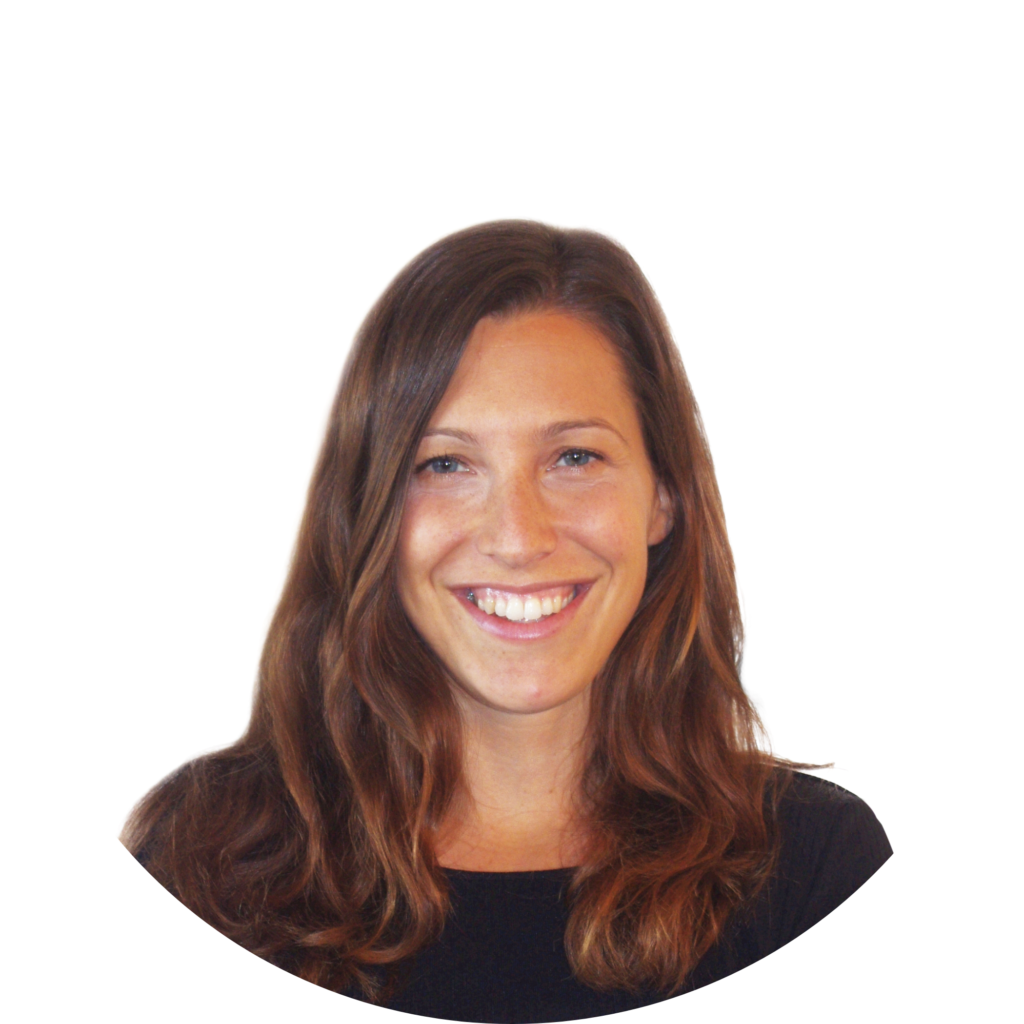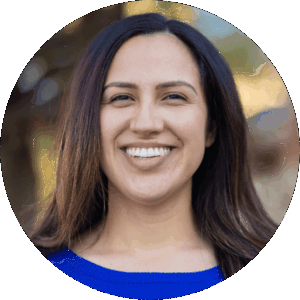To be granted a B residency permit in Switzerland, you need to demonstrate to local migration authorities that you are integrated into the community where you live. During the language proficiency assessment, applicants must answer questions and respond to prompts about everyday life.
Topics can range from how to make an appointment with a doctor and discuss a medical issue to how to explain an apartment issue with a landlord or how to return a defective item to a store. Depending on the circumstances, spouses may also need to meet language integration requirements for Swiss citizenship.
If you are a European Union citizen, you can apply for a B permit without needing to know the local language. However, non-EU citizens demonstrate an A1 level of proficiency in the oral assessment of the language spoken in the canton where they live.
Additionally, in German-speaking cantons, candidates must demonstrate A1-level written skills. Sample questions and practice tests are available when you complete an A1 German course and on the Swiss Secretariat for Migration (SEM) website.
What Is a B Permit?
The B permit allows non-Swiss nationals to live and work in Switzerland for more than one year (typically for five years) and can be renewed annually as long as the initial permit conditions are still being met. EU nationals holding a B permit must have an employment contract with a term of at least twelve months or be self-employed and have the financial means to support themselves and their families.
B permits for non-EU nationals are subject to the canton’s labor markets, the applicant’s qualifications, and whether there is a need for talent that a Swiss national can’t fill.
What Is FIDE?
‘FIDE’ is an acronym for ‘Français, Italiano, Deutsch in Switzerland.’ It refers to a language proficiency methodology developed for SEM to assess the oral and written language skills of foreign nationals in Switzerland. SEM uses FIDE assessments as part of the naturalization and residency permit process.
FIDE language exams assess speaking, listening, reading, and writing skills at levels A1-B1 based on the internationally recognized Common European Framework of Reference for Languages.
As part of the citizenship process, the applicant may also be asked to demonstrate a basic knowledge of Swiss history, politics, and customs. Familiarity with Swiss life and language reflects a person’s interest and willingness to integrate into Swiss culture when living and working in the country.
Scenarios That Might Be Part of a FIDE Exam
The language assessment will likely focus on conversational skills you need in everyday life, such as introducing yourself and your family, asking for help with a problem like a broken washing machine, and answering an email or letter. Your responses will also indicate how well you understand the nuances of life in Switzerland and your level of integration within your community.
Here are some examples of the scenarios you could be asked to explain:
- Living environment: Finding a place to live, negotiating a lease, having damage repaired, attending a neighborhood meeting, etc.
- Work environment: Understanding and asking questions about a work assignment (including industry-specific issues), reporting an accident or an illness, and telling a manager that you will be late or absent for the day
- Social environment: Arranging to meet with a friend for coffee, using public transportation, getting a local phone number, getting health insurance, opening a bank account, and going to the doctor or an emergency room
- Dealing with public authorities: Figuring out how to get a Swiss driver’s license, filling out forms to register yourself in the community, etc.
Learn With a Reputable Language Course
To ensure that you are prepared to answer any questions asked by local migration authorities, research the best integration language programs for the B permit and how the program aligns with your personal needs. Make sure German Academy Zurich is at the top of your list.
Our innovative learning program combines the best of individual instruction and an AI-powered learning platform to ensure you acquire the language skills necessary to secure the long-term permit that allows you to live and work in Switzerland!












